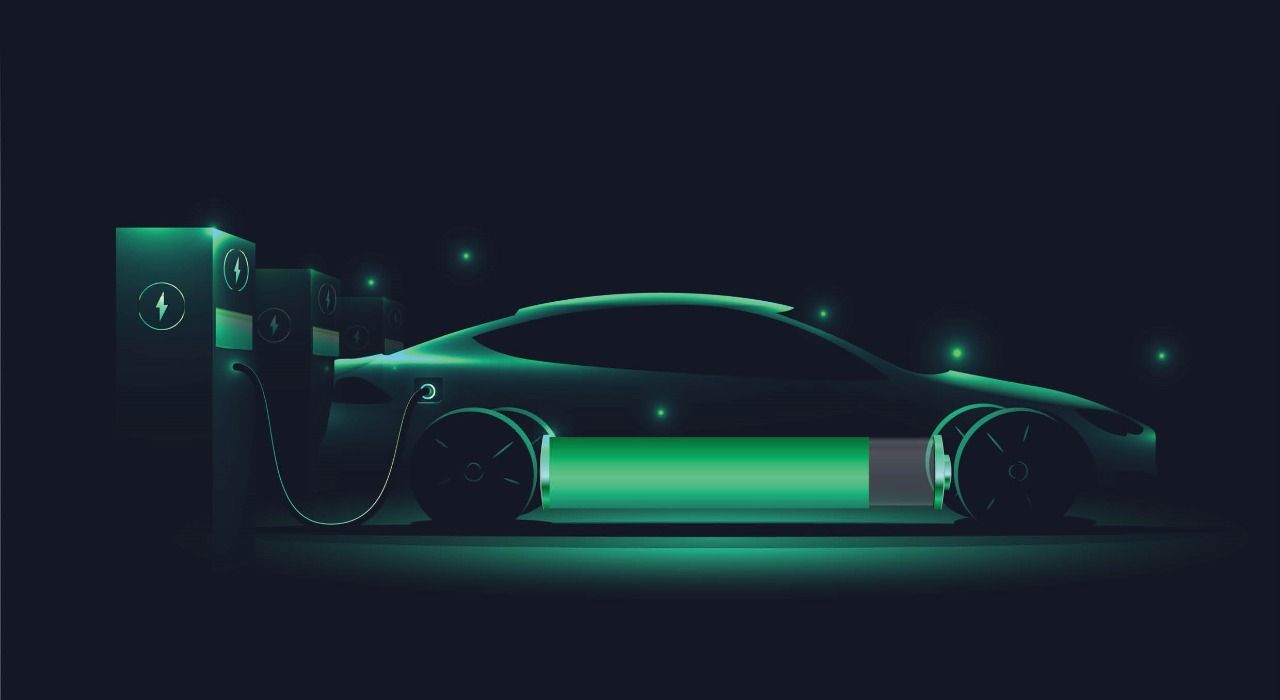In recent years, the automotive industry has witnessed a significant upsurge in production and sales mainly owing to increased demand in emerging markets. At the same time, disruptive technologies are opening a new avenue for the industry, with the focus steadily shifting towards segments such as autonomous vehicles, electric vehicles and hybrid vehicles. According to research published by the Market and Markets, the Electric Vehicle Market is projected to reach 26,951,318 units by 2030 at a CAGR of 21.1%. Automakers are constantly putting efforts into developing more efficient engines to reduce fuel consumption, and a broad range of sophisticated emissions-control technology is being implemented for cleaner automobiles on the roads everywhere.
With the advancement and innovations in technologies like AI, IoT and robotics, the automobile industry has made a significant surge towards growth and development. The idealistic future of cars that run on eco-friendly fuel and can drive themselves isn’t too far away now. With a growing number of electric models being made available to buy right now, electric cars are already a mainstay on the roads. Inventing more cost-effective batteries will further reduce the price of electric vehicles, and technology continues to enhance their durability. Also, EVs play an important role in reducing the carbon emissions that contribute to climate change, improving public health and reducing ecological damage. All these developments, coupled with the advancement and progress of charging stations, paint an optimistic picture for the electric vehicle future.
As the electric effect is in full force and the established brands are committing to offering a wider range of all-electric cars in the future, many automotive brands, including Jaguar, Mini, Bentley and Volvo have announced to favour battery-electric vehicles (EVs) in future and abandon petrol and diesel engines.
In March 2021, Mini announced to launch its last internal combustion engine model in 2025, launching only fully electric models from then on. Half of its cars will be electric by 2027, and the entire range will be EV-only by the early 2030s. General Motors, the largest automotive manufacturer in the US, announced in late January that it is planning to shift to zero-emission by 2040. In Europe, Ford has announced that its entire passenger vehicle range, as well as two-thirds of its popular light-commercial vehicle range, will be fully electric by 2030. In March 2021, Volvo announced that it will start phasing out the internal combustion engine and hybrid vehicles from its portfolio to become a fully electric vehicle company by 2030. Also, the Chinese-owned brand had already flagged a target of 50 per cent of its global sales to be fully electric by 2025.
EV adoption is picking up in Europe. Several European countries have adopted targets for a 100% EV-share in new sales for 2030. Norway is leading the pack in Europe with a share of 54% in new registrations last year followed by the Netherlands with 20.5% and Germany, France and the UK (all three slightly above 6.5%). Whether to address a rapidly increasing pollution problem, to reduce its dependence on imported oil, or simply to stake a leadership claim on the next era of global mobility, China has been at the cutting edge of promoting EV usage. According to a study forecasted by UBS, three out of five new cars will be electrical on China’s roads by 2030. The automotive industry in countries like China, Japan and South Korea is inclined towards innovation, technology, and the development of advanced electric vehicles. It is expected that the Asia Pacific market is going to witness the fastest growth, followed by Europe and North America. Because of the increasing demand for reducing carbon emission and developing more advanced and fast charging stations, it is expected that the growth of electric vehicles will propel.
E-mobility has reached a tipping point. More than 250 new models of battery electric vehicles and hybrid electric vehicles (PHEV) will be introduced in the next two years, and as many as 130 million EVs could be seen globally on the roads by 2030. A study forecasted by McKinsey & Company claims that the overall automotive market across the world will grow from the current $2,755 billion to $3,800 billion by 2030, at a compound annual growth rate of 3 per cent. The automotive revenue potential will automatically increase and diversify toward on-demand mobility services and data-driven services. This could create up to $1.5 trillion or 30 percent more additional revenue pool in 2030.
The changes unfolding rapidly in the automobile industry will impact virtually every other industry on the planet. The future of electric cars looks bright as it certainly has the potential to reduce our dependence on oil and fossil fuel, which can significantly bring down global pollution and help control climate change. With some of the best minds working to develop low-cost batteries, charging infrastructures and eco-friendly electric mobility solutions, the automotive sector and particularly the EV segment of the industry is set to undergo substantial augmentation in the coming years and entirely transform the way we travel.


